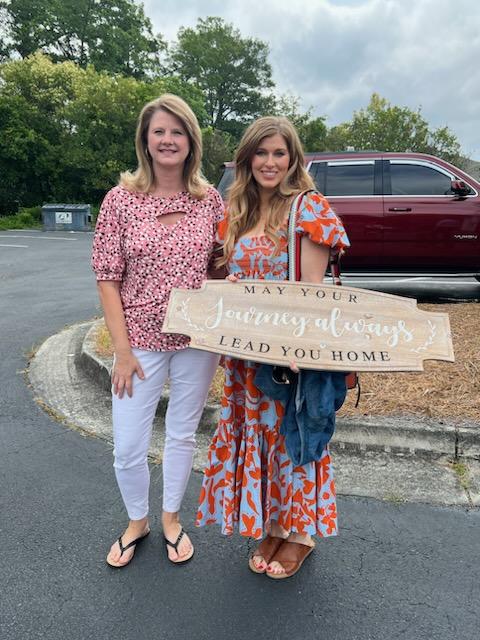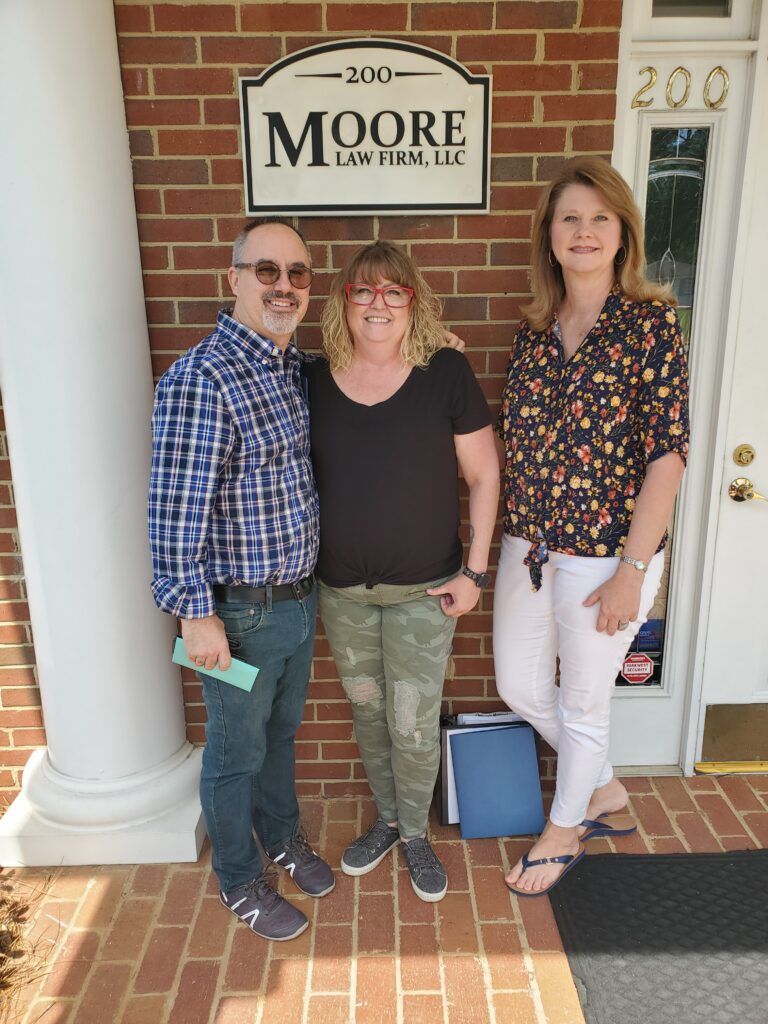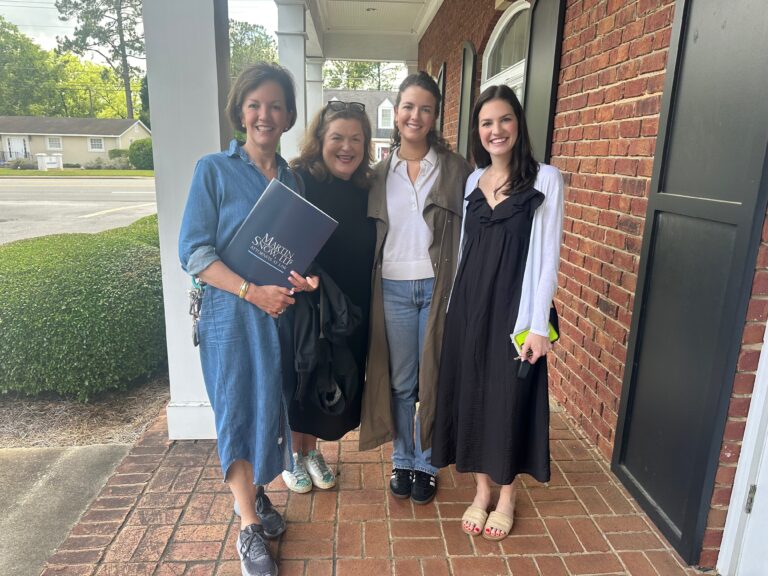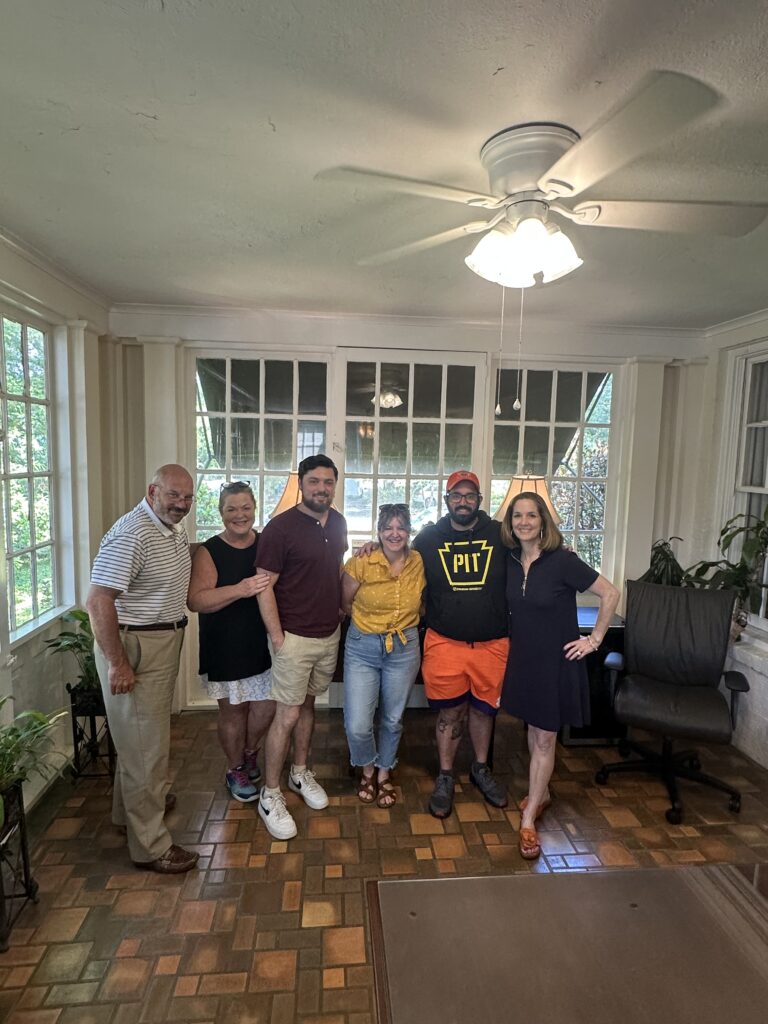It’s no secret that selling and buying a home can be an overwhelming experience. If you’re going through the process for the first time, you may have questions about what makes up a good offer on a house. While every situation may be unique, there are some standard things to look for as you navigate the process and put together an offer.
The Price
The offer price on a home is quite simply the amount you’re willing and able to pay for the house. It may be higher or lower than the initial asking price, depending on how much interest there is in the place and how quickly the sellers need to close.
The offer will be outlined in a sales agreement, along with other information like a description of the house, the sale date, and when the home’s new owner intends to take possession. A sales agreement may also indicate how the buyer plans to finance the house, including any down payments and information about loans.
Comparable Report
A comparable, or comp, report indicates the selling price for similar homes within the past year. This report helps show the seller that the offer is not too low. A good comparable report should feature homes as close to the one being purchased as possible, with the same number of rooms, similar size, and similar features.
Funding
Making an offer price on a home is just a first step. Buyers must then determine how they’ll pay for the home. This can be done by submitting proof of a loan or existing cash funds to cover the house’s cost. A solid offer will explicitly state and prove how the buyer will cover the cost of the house.
Contingencies
An offer for a home will probably include some contingencies. In short, a contingency is something that will allow the offer to be terminated. Some common contingencies will enable the offer to be revoked if the buyer is not approved for a loan, if there are too many repairs needed on the house, or if the buyer’s current home doesn’t sell.
Warranties
Some buyers will want a warranty on their new home, and some sellers will include a warranty to entice buyers. A warranty is a form of insurance coverage on the home’s systems should they malfunction or deteriorate over time. The terms of the warranty may be part of the offer.
Closing Costs
When a buyer makes an offer on a house, one of the elements will most likely be the closing costs. These are fees and other expenses aside from the price of the house itself. Closing costs might include fees to have the home inspected, loan fees, and so on. Sometimes the home’s seller covers all closing costs, while other times, they’re divided up evenly. One of the components of an acceptable offer is that the division of closing costs is laid out.
These are the major components of a good offer on a house. While your situation may vary, these things are part of virtually every home purchase. Including them is designed to protect both buyer and seller.






























